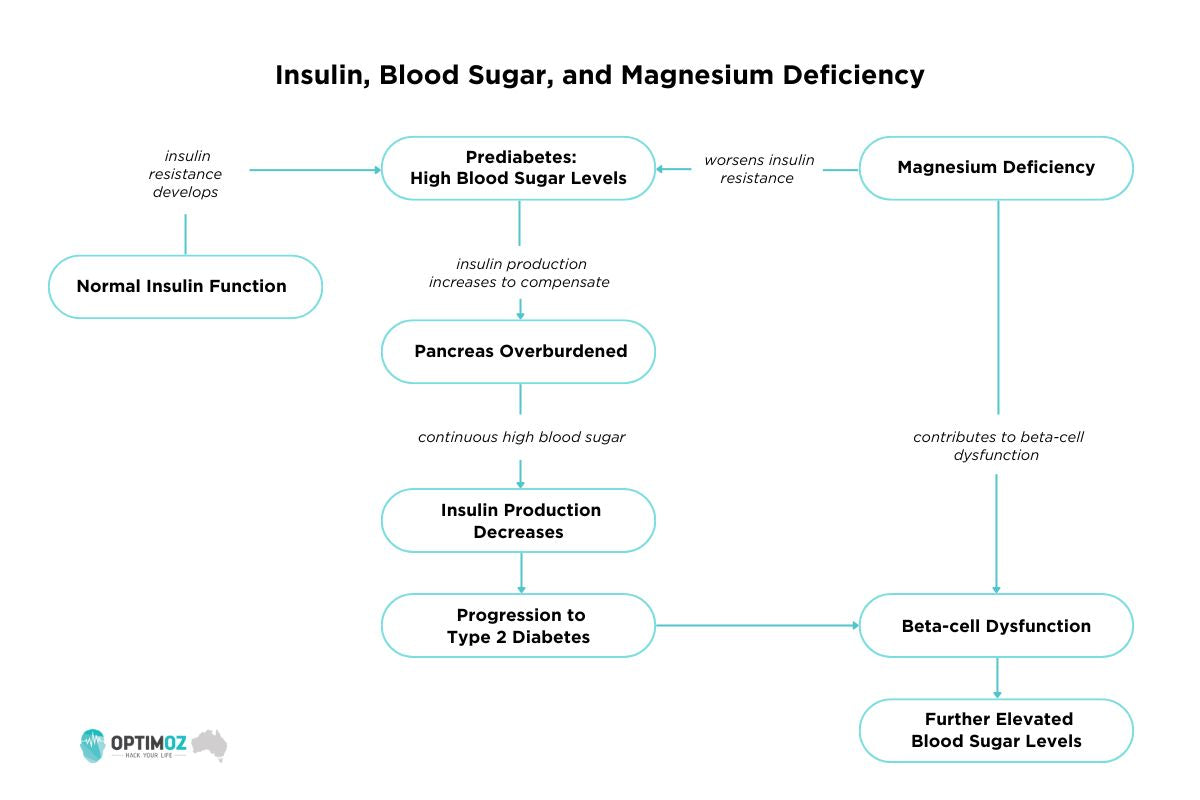Your Cart is Empty
Welcome to OptimOZ! The biohacker store. Free delivery on orders over $99 in Australia.
- All Products
- SHOP
- Bulletproof® Coffee
- MCT Oil
- Supplements
- Discover
- Blog
- Popular Products
- Customer Service
- New Releases
- Specials!
- Reviews
- Rewards
- Track Order
- Login
Welcome to OptimOZ! The biohacker store. Free delivery on orders over $99 in Australia.








